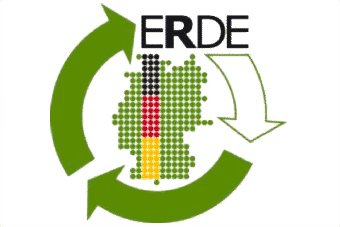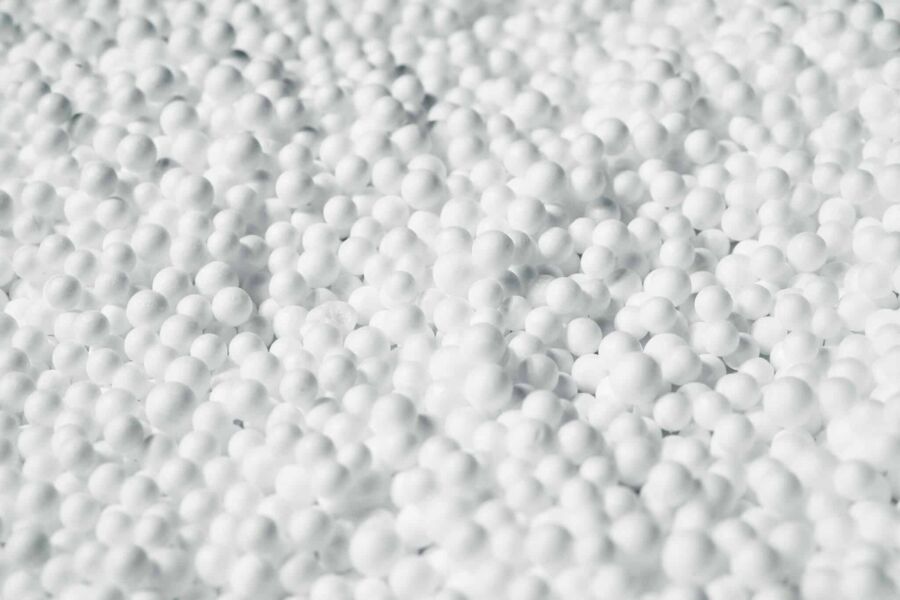-
Environment Committee of the European Parliament to decide on amendments to EU Packaging Regulation (PPWR) on 24.10.2023
-
Special rules for plastic packaging and exemptions for other materials jeopardise waste reduction, circular economy and climate protection
Bad Homburg, 23 October 2023 – Ahead of a planned vote on amendments to the EU’s Packaging and Packaging Waste Regulation (PPWR) in the European Parliament’s lead environment committee, German plastic packaging manufacturers are warning that environmental targets will be undermined by special rules for plastic packaging and loopholes for other materials.
 The criticism is directed at rapporteur Frédérique Ries’ proposals for specific reduction targets for plastic packaging, exemptions for composite packaging from mandatory recycled content quotas for plastic, bans and re-use quotas that would only apply to plastic packaging and exemptions for cardboard packaging. “Our member companies are already in the midst of a transformation towards less packaging waste, more recyclable packaging and more use of recycled materials. However, we see these goals massively jeopardised by the special rules for plastic packaging proposed by Ms Ries,” says Dr Martin Engelmann, Director General of IK Industrievereinigung Kunststoffverpackungen, and calls for material-neutral regulations so that each packaging material can play to its strengths for the benefit of the environment, the climate and consumers. Against this background, the last-minute alternative proposals from the EPP and ECR groups are not meaningful.
The criticism is directed at rapporteur Frédérique Ries’ proposals for specific reduction targets for plastic packaging, exemptions for composite packaging from mandatory recycled content quotas for plastic, bans and re-use quotas that would only apply to plastic packaging and exemptions for cardboard packaging. “Our member companies are already in the midst of a transformation towards less packaging waste, more recyclable packaging and more use of recycled materials. However, we see these goals massively jeopardised by the special rules for plastic packaging proposed by Ms Ries,” says Dr Martin Engelmann, Director General of IK Industrievereinigung Kunststoffverpackungen, and calls for material-neutral regulations so that each packaging material can play to its strengths for the benefit of the environment, the climate and consumers. Against this background, the last-minute alternative proposals from the EPP and ECR groups are not meaningful.
In particular, the IK criticises the fact that a specific reduction target for plastic packaging and the unequal treatment of other packaging materials will lead to a switch to single-use packaging made of other materials, e.g. paper packaging laminated or coated with plastic, which is criticised because the plastic it contains cannot be recycled.
 In addition, the IK points to a recent study by the independent GVM Gesellschaft für Verpackungsmarktforschung, which found that a 10% reduction in plastic packaging by 2030 – if it is replaced by other materials – would increase the amount of household packaging by around 10 to 20% and greenhouse gas emissions by 10 to 14%. “This is because plastic packaging, with an average weight of 24 grams per kilogram of packaged product, is significantly more material efficient than alternative packaging materials,” explains Dr Isabell Schmidt, Director Circular Economy at IK.
In addition, the IK points to a recent study by the independent GVM Gesellschaft für Verpackungsmarktforschung, which found that a 10% reduction in plastic packaging by 2030 – if it is replaced by other materials – would increase the amount of household packaging by around 10 to 20% and greenhouse gas emissions by 10 to 14%. “This is because plastic packaging, with an average weight of 24 grams per kilogram of packaged product, is significantly more material efficient than alternative packaging materials,” explains Dr Isabell Schmidt, Director Circular Economy at IK.
In view of the huge potential for savings in packaging waste through innovative reusable packaging for take-away food and drinks, as well as reusable transport boxes in wholesale and retail, it is incomprehensible why the rapporteur wants to limit the quotas to plastic packaging only or abolish them altogether. “A huge opportunity to reduce single-use packaging and greenhouse gas emissions is being wasted just because reuse quotas could favour plastic packaging. Numerous studies by environmental organisations confirm that simply replacing plastic with other single-use materials is not the way to make the packaging market more environmentally sustainable,” says Schmidt.
Finally, the IK calls for the inclusion of a credit system in the legislative text to mitigate the negative consequences of the expected recyclate gap from 2030, especially in the area of PE and PP recyclates.



